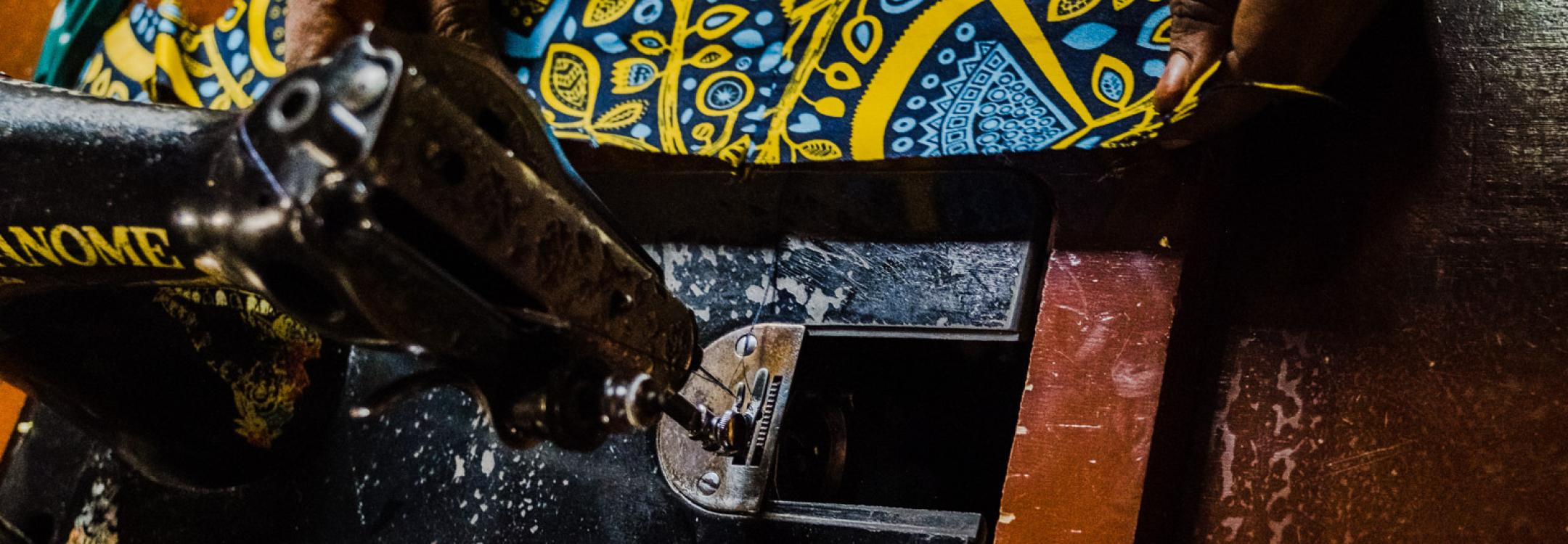
Claudia Mahler is the UN Independent Expert on the enjoyment of all human rights by older persons. On 19 September 2022, she presented a report to the Human Rights Council on the situation of older persons deprived of liberty. In this blog, she describes some of the findings from her consultations and highlights the critical importance of independent monitoring of places of detention.
The mandate of the Independent Expert, which I took up in March 2020, is focused on raising awareness of the human rights issues facing older persons, closing the gaps they experience and strengthening their enjoyment of their rights. As part of my mandate, I conduct country visits and prepare two thematic reports each year. I also work closely with the UN Open-Ended Working Group on Ageing in New York.
I chose to prepare a report on the situation of older persons deprived of liberty because, to put it plainly, nobody’s taking care of them, in the prison setting, the migration setting or the care setting. When I have conversations with people in charge of prisons and other places of detention, it is clear that they rarely focus on the needs of older persons. But the fact is there is a growing proportion of older prisoners worldwide and this trend will only continue as populations age.
My current report aims to raise awareness of the issues they face and the need to consider alternative measures to imprisonment for older persons. I also considered the situation of older persons in care settings, which is a huge problem around the world, and brings with it a series of risk factors. I wanted to raise awareness of these risks, along with intersectional factors such as gender, sexual orientation and disability, that can add to the risks for older persons.
One of the most pressing issues I came across during my consultations, as well as during my country visits, is that health services in places of detention are very basic. They do not provide the specialised care necessary to address the health needs of older persons, either men or women, and very often the hygienic situation in these facilities needs improvement.
I also reported that a lot of prison and detention facilities are old, and there are physical barriers for older persons. Furthermore, recreation activities do not consider the needs of older persons and age discrimination is embedded in the structures of these institutions. For instance, when you ask what kind of training is provided for older prisoners, the response is often that "older persons don't have a life afterwards and so they don't need any education".
Older women in detention face additional barriers and discrimination. I heard that, very often, older women are abandoned by their families and don't receive the support they need. This is a specific issue we need to consider: how can these women have a dignified life once they are released and what support can be made available to ensure their social integration?
We saw, in response to the COVID-19 pandemic, that some States were agile in finding solutions to the challenges of overcrowded facilities and responding to the vulnerabilities of different prison populations, including older persons. Given that social distancing is not possible in prisons and other detention settings, a number of States instituted early release schemes or established age limits for the release of inmates. I think there is value in building on these initiatives and looking at other alternatives to detention for older persons, such as home detention. What I would not want to see happen is the segregation of older persons in prisons. I do not believe such isolation is beneficial.
In my report, I highlighted the crucial role of independent oversight bodies, including national preventive mechanisms (NPMs) and national human rights institutions (NHRIs), to promote and protect the rights of older persons deprived of liberty. These bodies identify the risks to which older persons are exposed, including deficiencies in standards and procedures, make recommendations, publish reports and engage in constructive dialogue with the authorities.
Detention monitors understand the realities in different detention settings. They can help prevent violence and neglect. They also can also raise new ideas with the authorities and explore what can be done to better meet the needs of older persons. This approach can and should be applied in relation to care settings, where there is no regular oversight and, therefore, less visibility of the risks older persons can face. I would strongly encourage NPMs and NHRIs to ensure they have a strong and consistent focus on older people when monitoring institutions where people are deprived of liberty, including in private settings.